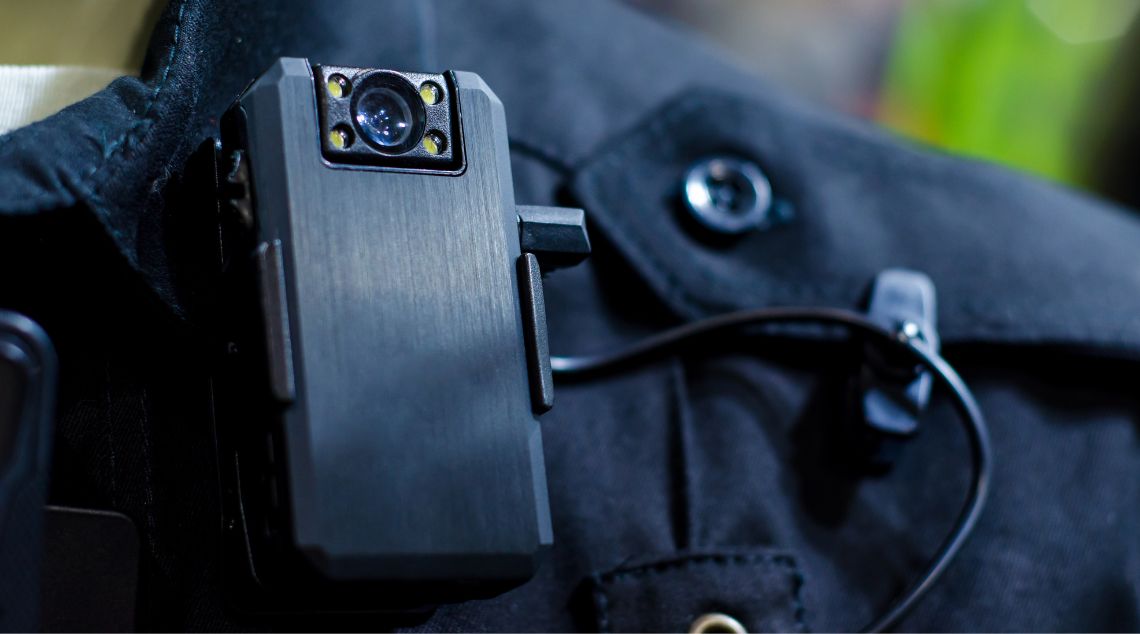At the end of March, officers in Pittsfield, Massachusetts answered a call where Miguel Estrella, a man with a history of mental illness, was outside his residence after reportedly cutting himself. Officers on the scene found Estrella outside his apartment building with a self-inflicted laceration on his face. Ambulances were also dispatched, but Estrella declined treatment and was left with his girlfriend. Within minutes of departing, officers were called back as Estrella had begun to “act crazy again”, according to the 9-1-1 call.
This time when officers arrived, Estrella was outside his home armed with a knife. Estrella then began advancing on officers, who deployed two TASERs which were unsuccessful in stopping his advance. One officer then shot Estrella twice with his sidearm. Estrella was pronounced dead after attempts at life-saving aid.
Within two months of this incident, the Pittsfield City Council voted to endorse a body camera program from the Pittsfield Police Department. However, a short time after this measure was supported, the city’s Police Advisory Review Board decided it would like to review the policy before anything is implemented.

One member of the board, Lt. Col. Thomas Grady of the Berkshire County Sheriff’s Office, sees no issue with the proposed program.
“I work in an environment where I’m in cameras from the time that I entered the property till the time I go home at night and I have no concerns at all with the body cameras,” he told iBerkshires.com.
However, he did acknowledge public concerns over the perceived surveillance that many in the community feel body cameras may bring.
“And probably more concerning is people get very nervous when we use automatic license plate readers where we can automatically run information, get information, send tickets, do all those kinds of things so I think that we have to have, again, a measured approach and how we do this and that we have to have a solid policy behind the use of the cameras when it’s appropriate when it’s not but in general, I favor them,” he said.
Many on the board support the measure, calling on the city to review similar models which have been implemented in neighboring communities. Others believe body cameras are not the sole solution to the problem, as many cases such as Estrella’s involve a mentally unstable subject.
One board member is social worker Marie Richardson. She believes there should be more of a focus on mental health crisis training for officers.
“I mean, the police have to learn all the legal and that line of work and they don’t necessarily get the mental health training that they need, so I would certainly put that is a very essential part of it is to offer and make more training mandatory for the police,” she said.
Ultimately, it remains to be seen how the city decides to move forward with the body cam proposal, as the Police Advisory Review Board awaits the decision of the mayor and police chief on this issue before reviewing the implementation.









